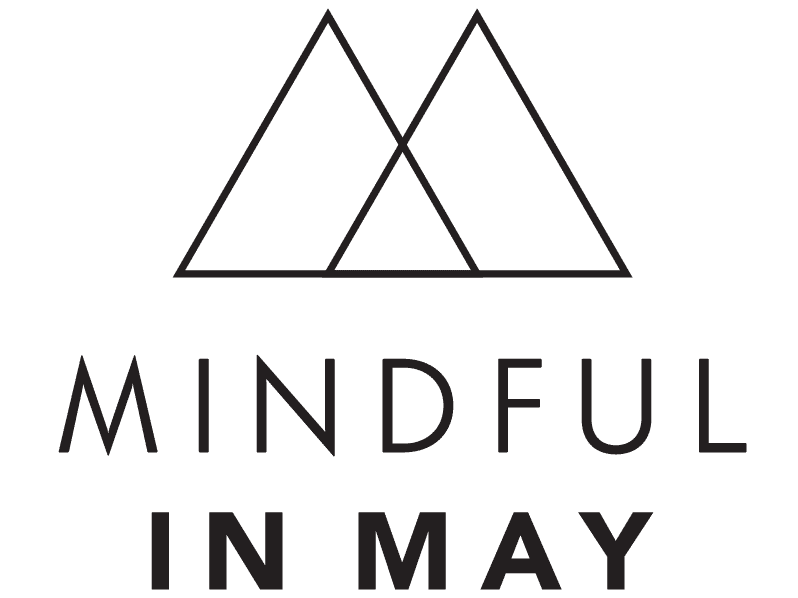Overcome your social media addiction with mindfulness
Have you ever found yourself up late at night scrolling through Facebook when you were meant to be going to sleep?
You’re not alone.
Social media addiction is becoming an increasing problem.
As technology develops exponentially, at the click of a button we can access an infinite amount of information. With this privilege comes the potential cost of information overload, technology addiction, increased distractibility, and low-grade background anxiety.
With invisible umbilical cords connecting us to our devices, staying present and undistracted, especially when we’re with our children, is becoming an increasing challenge.
There is an antidote for social media addiction: Mindfulness. It’s a technique with origins in Buddhism but it’s being scientifically proven as a powerful tool for enhanced well-being and mental focus.

Mindfulness helps us become more present, self-aware and better able to respond rather than react on autopilot in our everyday lives. It’s been proven to help with impulse control and overcoming addictions ranging from drugs to social media. In his book “The Craving Mind”, Brewer shares research on the power of mindfulness to disrupt addictive behaviour.
Here are four steps to overcome your social media addiction with mindfulness:
1. Reflect
Take a moment to reflect on your relationship with social media. Are you happy with the way you are using it? Do you feel you might be a little addicted? If you find yourself scrolling through Facebook until the early hours of the morning, the answer is probably yes.
2. Set an intention
You have to be intentional about changing your relationship with technology. Think about practical steps you can take to make it more difficult to get hooked. Consider taking the social media apps off your phone and commit to sleeping without your mobile in the bedroom (even for just a few nights).
3. Recognise
The next time you feel the urge to check social media, take a pause. Recognise you are caught in craving and count to ten before continuing. This can interrupt the urge.
4. Investigate
When we crave anything there’s usually an uncomfortable emotion we are trying to escape through pleasure. Take a moment to bring your attention to your body. Sense any emotions or feelings that are present (agitation, stress, loneliness, boredom). Once you identify the emotion, silently label it to yourself which brings more mindful awareness to your current state and shows you what the underlying issue might be that is driving the urges.
5. Unhook
Mindfulness, this ability to be present from moment to moment, allows you to consciously notice what is happening as it is happening and pause before you act on your urges. You can disrupt your automatic habits and social media addiction with mindfulness.
Becoming aware of your cravings is the first step to having more choice around how you’re going to relate to them. Mindfulness is a practice that will help you catch the urge before you act on it and help you break bad habits.
If you want to train your brain towards greater presence, less distraction and better impulse control to help break bad social media habits try out this FREE downloadable guided meditation.
Discover more transformative tools to overcome social media addiction in my book The Happiness Plan.

"If we wish to be healthy, happy and clear-minded, we need to upgrade our “inner technology”of attention to meet the demands of our increasingly complex world. That's where mindfulness comes in.."
- DR ELISE BIALYLEW
about the HOST AND FOUNDER OF
MINDFUL IN MAY:
DR ELISE BIALYLEW
Elise Bialylew is the author of the bestselling book, The Happiness Plan, and founder of Mindful in May, the world’s largest online global mindfulness fundraising campaign.
A doctor trained in psychiatry, turned social entrepreneur and mindfulness expert, she’s passionate about supporting individuals and organisations to develop inner tools for greater wellbeing and flourishing, and offers workshops and training at The Mind Life Project.
Her work has been featured in the Huffington Post, New York Times and on Australian Television. She was recently recognised by the Australian Financial Review as a 2019 AFR Women of Influence.
Keep in touch with us
Sign up to access additional resources, mindfulness tips and to find out about upcoming events.
When you submit your email you are opting-in for our emails and relevant upcoming updates from Elise. You can unsubscribe any time.

